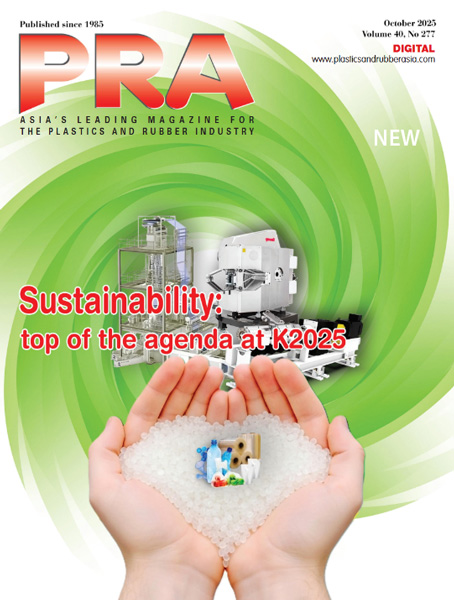Updates: Monument Chemical launches polyols from captured carbon; BASF’s PolyTHF technology available for licensing in Asia

US-based Monument Chemical says it has begun the first US-based production of polyols from renewable carbon at its manufacturing facility in Brandenburg, KY. The new product line of polycarbonate ether (PCE) polyols is based on a process from Econic Technologies that replaces fossil-based feedstocks with captured CO2 and reduces global warming potential by 20-30%.
Branded Poly-CO2, Monument’s new line of PCE polyols can be used to make high-performance polyurethanes for furniture and mattresses, automotive parts, apparel and footwear, coatings, adhesives, sealants, and elastomers. Incorporating carbon at the molecular level can impart performance benefits in a range of polyurethane applications from foams to flame lamination to adhesives and elastomers. For example, Poly-CO2 can improve resilience in mattress foams and durability in coatings.
Poly-CO2 polyols also have several environmental benefits. In addition to reducing the carbon footprint of end products, they allow companies to design for circularity by keeping carbon in use and out of the atmosphere. Moreover, they can be used alone or together with recycled and bio-based polyols, and they are compatible with emerging recycling systems.
Thanks to Econic’s proprietary renewable carbon technology, Poly-CO2 products overcome some of the formulation, processing, storage, and handling challenges sometimes found in other CO2-based products. For example, foam manufacturers can continue using the same standard surfactants and catalysts used in traditional polyether and polyester polyols. Additionally, with Poly-CO2, carbon dioxide is more evenly distributed along the backbone of the polymer to ensure performance, quality, and stability.
The new product line will launch at pilot scale, with commercial scale production coming to market in the coming years.
“Econic’s technology will allow us to upcycle waste carbon dioxide into polyols for high-performance materials, while eliminating a lot of those barriers to commercialisation,” said Deb Schofner, Monument Sales Director.
“Companies around the world are transforming their product portfolios to better serve society now and in the future. Monument is leading the way in sustainable polyols by being the first American company to commercialise this new product line based on renewable carbon, which will give their customers a competitive advantage,” said Keith Wiggins, CEO of Econic Technologies.
In other news, Germany’s BASF says it will start offering polytetrahydrofuran (PolyTHF) 1800 production technology licenses to clients and partners in Asia. BASF has three PolyTHF production sites in Caojing, China; Ludwigshafen, Germany; and Geismar, the US.

Franky Ruslim, Vice President of Global Technology, Intermediates BASF, said, “In today’s highly competitive world, innovation is no longer an option but a necessity. By licensing our proprietary PolyTHF 1800 technology, we aim to drive new growth in industries such as textiles, reshape collaboration with partners, and unlock value for both our clients and BASF.”
Abhisek Chakrabarti, Director of Strategy, Projects and Licensing, Intermediates Asia Pacific, BASF, said, “Licensing our established technologies presents an attractive value proposition to our clients and partners in the market. It gives them access to innovation, lowers research and development costs, and accelerates time‑to‑market, enabling quick wins.”
PolyTHF is a starting material for elastic spandex and elastane fibres, used in a wide range of textiles, including swimwear, sportswear, underwear, shirts and stretch jeans.
The elastic fibres ensure wearing comfort in the long run, and they are resistant to moisture and microbes, BASF adds.
(PRA)SUBSCRIBE to Get the Latest Updates from PRA Click Here»











